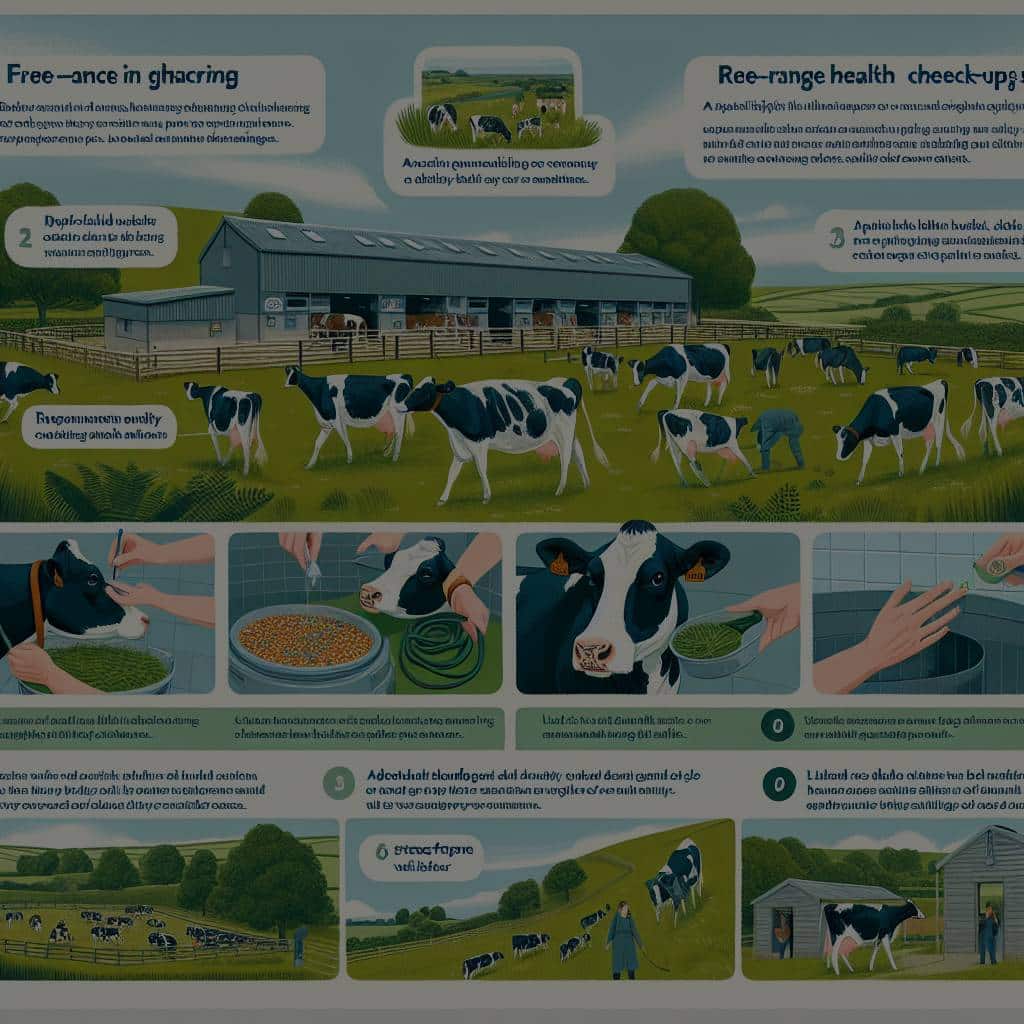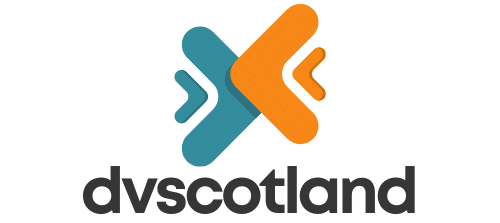What Practices Can Enhance the Welfare of Dairy Cows in the UK?

The welfare of dairy cows is an area of major concern for all stakeholders within the dairy industry. As farmers, you have a critical role in ensuring the health and wellbeing of your animals. It’s not only ethically right but also directly impacts milk production and the overall sustainability of your farms. This article aims to provide insights into good practices that can enhance the welfare of dairy cows in the UK.
The Importance of Welfare in Dairy Farms
The welfare of dairy cows is a key aspect of the dairy farming business. Welfare, in this context, refers to the health, comfort, and overall well-being of your cows. Positive welfare practices not only ensure that the animals are kept in good health and free from fear or distress, but they also result in better milk quality and quantity.
Have you seen this : Discover the fast track to learn spoken arabic with ease
The link between welfare and productivity is supported by various studies. According to one scholar, high welfare standards can translate to increased milk yield, lower veterinary costs, and improved reproductive performance. Google Scholar hosts numerous other studies echoing these findings. Therefore, maintaining high welfare standards is a win-win situation for both the dairy cows and the farmers.
Management Practices for Enhanced Dairy Cow Welfare
As farmers, crop and animal management practices play a significant role in ensuring the welfare of dairy cows. One crucial practice is to provide the animals with access to a well-balanced diet. This diet should include sufficient amounts of appropriate feed and clean water, necessary for maintaining good health.
This might interest you : What Are the Prospects for Tidal Energy as a Renewable Source in the UK?
Secondly, consider housing conditions. Cows need comfortable shelters that protect them from adverse weather conditions. The housing should also be spacious to prevent overcrowding and promote a more relaxed environment. Pay attention to the cleanliness of the shelters as well — regular cleaning and disinfection can prevent the spread of diseases.
Lastly, maintain a keen eye on the overall health of the cows. Regular health checks can help detect diseases early, leading to timely treatment and prevention of potential outbreaks.
Addressing Lameness in Dairy Cows
Lameness is a common problem in dairy cows, significantly affecting their health and productivity. Thus, it is crucial to address this issue promptly and effectively. Proper management of lameness involves both preventative measures and effective treatments.
Farmers can prevent lameness through regular hoof trimming and appropriate nutrition. Hoof trimming helps to eliminate overgrowth and correct any abnormalities, while a nutritious diet supports hoof health.
If lameness is already present, it is vital to identify and treat it as early as possible. This can involve topical treatments, administration of pain relief, and in severe cases, culling. Regular training on lameness management can equip farmers and workers with the necessary skills to handle this issue effectively.
The Role of Technology in Dairy Cow Welfare
The rapid advancements in technology have provided innovative ways to improve dairy cow welfare. For instance, automatic milking systems (AMS) can have positive implications for cow welfare. An AMS allows cows to choose when they want to be milked, reducing stress and enhancing their overall well-being.
Technology also provides practical means for monitoring the health and welfare of cows. For instance, wearable sensors can monitor various parameters, including body temperature and activity levels, and alert farmers to any abnormal changes. This allows for early detection and management of possible health issues.
The Welfare of Calves on Dairy Farms
The welfare of calves is just as crucial as that of the mature cows on a dairy farm. Calves are the future of your herd, and their care and management can significantly impact your farm’s productivity in the long run.
To enhance calf welfare, ensure that they receive adequate colostrum immediately after birth. Colostrum is essential for the development of the immune system and also provides essential nutrients for the calf’s growth.
In addition, calves should be provided with comfortable and clean housing, away from adult cows to prevent disease transmission. They should also have access to a balanced diet and clean water to support their growth and development. Regular health checks are equally important for early disease detection and treatment.
By implementing these practices, you can enhance the welfare of your dairy cows. Remember, as farmers, the welfare of your animals is in your hands. It’s not just about the cows; it’s about ensuring the sustainability of your farm and the dairy industry at large.
The Impact of Pasture Access on Dairy Cow Welfare
The opportunity for dairy cows to access pasture is a critical component of their welfare. Having access to pasture allows cows to indulge in their natural behaviours, such as grazing, which can significantly contribute to their overall well-being. Studies on Google Scholar show that pasture access can improve the welfare of dairy cows, resulting in increased milk production and a reduction in the occurrence of lameness.
Pasture access for dairy cattle should not only be about quantity but also quality. Pasture should be rich in nutrients necessary for the cows’ health. Regular pasture rotation is recommended to ensure that the cows always have access to fresh and quality pasture. This practice also helps preserve the pasture, ensuring its sustainable use.
In addition to rotational grazing, it’s also important to ensure that the cows have access to shade in the pasture, especially during hot weather. Trees or artificial shades can protect the cows from heat stress, ensuring their comfort and good health.
However, dairy farmers need to balance pasture access with the risk of exposure to harsh weather conditions or disease-causing organisms. As such, it’s essential to have proper planning and monitoring measures in place.
Training and Education for Dairy Farmers
Farmers play a critical role in ensuring the welfare of dairy cows. For this reason, continuous training and education are important. Farmers need to stay updated on the best practices in dairy farming, which can enhance the welfare and productivity of their cows.
Training should cover a range of topics including animal health, positive welfare, nutritional requirements for dairy cattle, and effective disease management strategies. It should also focus on practical skills, such as hoof trimming, detecting signs of illness, and proper milk handling practices.
The European Commission and other organizations offer training programs and resources for dairy farmers. Additionally, online platforms like Google Scholar provide a wealth of information on dairy farming practices that can enhance the welfare of dairy cows.
In addition to formal training, farmers can also learn from each other through farmer field days and exchange visits where they can share their experiences and learn about new practices.
Conclusion: Dairy Cow Welfare is a Collective Responsibility
Enhancing the welfare of dairy cows in the UK is not a responsibility that lies solely with the dairy farmers. It is a collective responsibility that involves all stakeholders in the dairy industry, from farmers to consumers, and everyone in between.
Consumers have a powerful role to play in promoting dairy cow welfare. By choosing to buy milk and other dairy products from farms that prioritize animal welfare, consumers can contribute to promoting good practices in the industry.
On the other hand, policy-makers can contribute by setting and enforcing high welfare standards in the dairy industry. They can also support farmers through subsidies and other incentives that make it easier for them to adopt welfare-enhancing practices.
Lastly, researchers and scientists play a vital role by conducting research on dairy cow welfare and developing new technologies and practices that can enhance the welfare of these animals.
In conclusion, the welfare of dairy cows is more than just an ethical obligation; it is a necessity that ensures the sustainability of the dairy industry. Therefore, all parties involved in the dairy sector must work together to ensure the welfare of dairy cows.
